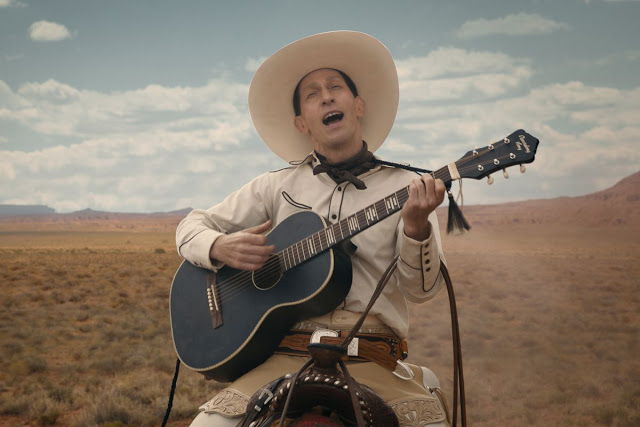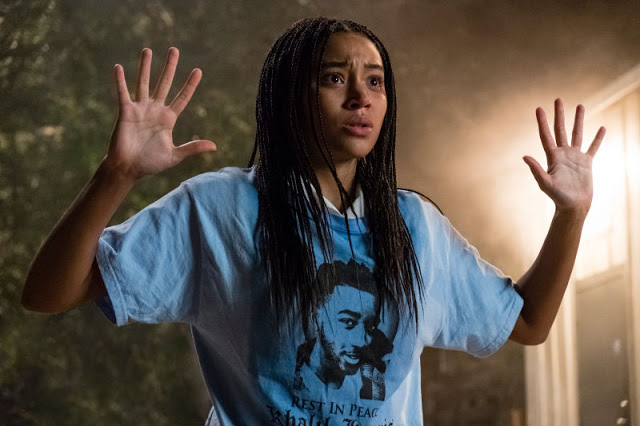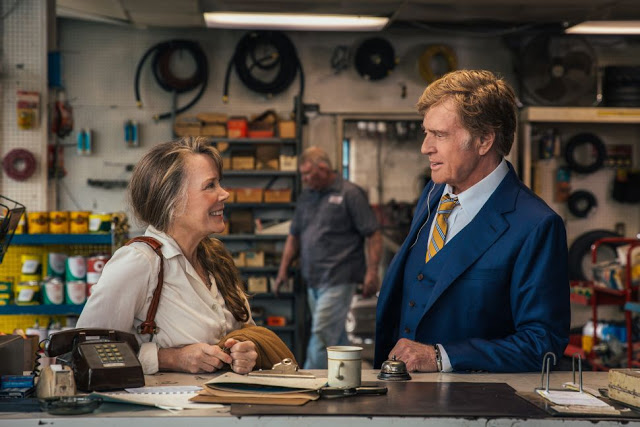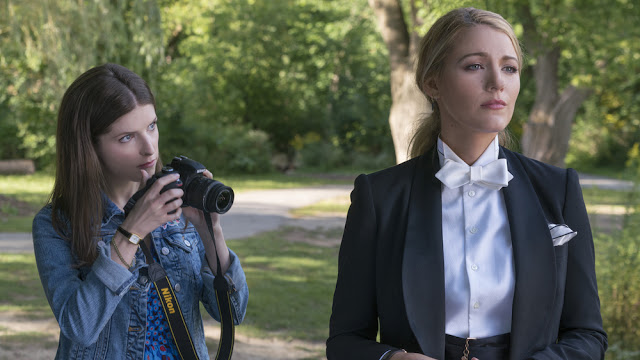The Ballad of Buster Scruggs: Their Lives Are in Pieces, and So Is the Movie
In one of the six vignettes that make up The Ballad of Buster Scruggs, the new Western from Joel and Ethan Coen, a solitary prospector played by Tom Waits spends a good deal of time digging a series of holes near a river. As you watch his methodical work, it doesn’t take you all that long to discern his purpose; even if you struggle to fathom the particular mechanics of his strategy, it’s plain that this silent, grizzled man is searching for gold. But because these laborious digging scenes find the film at its least busy—note that this is another way of saying “most boring”—your mind is likely to wander, and to contemplate the potential thematic connections that must surely link the film’s narratively disparate episodes.
But how? In structuring The Ballad of Buster Scruggs as an anthology, the Coens have invited their audience to engage in a robust, somewhat maddening intellectual guessing game. Maybe the movie is about the tragic inevitability of death; this seems plausible, given that four of our six main characters die, while the other two do the killing. Maybe it’s about the inherent tension between the tantalizing promise of the Old West (manifest destiny!) and the cold reality of a lawless, nascent civilization. Maybe it’s about the perpetual collision between man’s insatiable greed—most everyone we meet craves more of something, be it money, glory, or respect—and his desire for stability and peace. Or maybe, just maybe, the vignettes don’t share any deeper meaning at all. Maybe those holes are just holes. Read More





